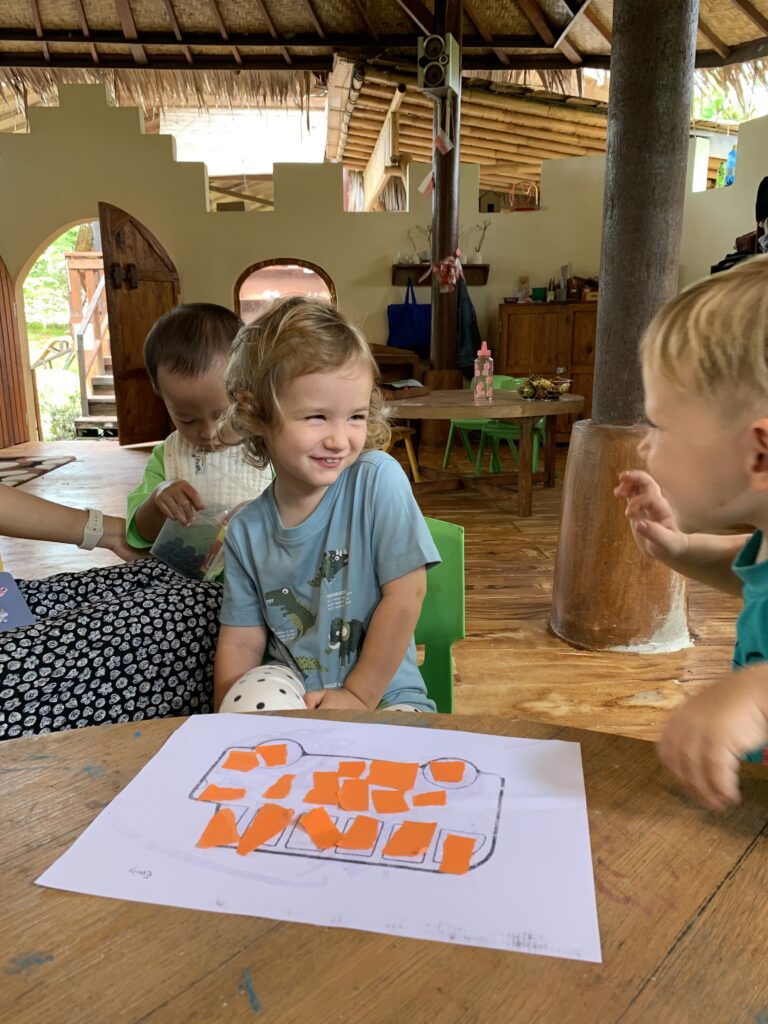Research in psychology supports teaching emotional granularity from a young age. A study by Lisa Feldman Barrett and colleagues underscores the benefits of emotional granularity, showing that individuals with higher emotional granularity experience fewer emotional difficulties, use more effective coping strategies, and enjoy better mental health overall (Barrett, 2017). This research suggests that the ability to identify and discriminate between different feelings can significantly impact how people manage stress and rebound from upsetting events.
Additionally, a seminal paper by James J. Gross of Stanford University highlights the role of emotion regulation in psychological well-being and asserts that understanding and managing emotions are key components of mental health (Gross, 2002). Gross’s model of emotion regulation provides a framework for how recognizing and articulating emotions (components of emotional granularity) can lead to more effective emotional regulation strategies.
Incorporating these findings into educational practices, especially in environments like Empathy School in Ubud, Bali, can greatly enhance the emotional and social development of children. By teaching children to identify and describe their emotions accurately, educators can equip them with essential tools for emotional regulation and empathy, fostering both personal well-being and interpersonal relationships.
This exercise in sharing feelings is more than just a classroom activity; it serves as a cornerstone in developing what psychologists refer to as emotional granularity. This is the ability to differentiate and describe one’s emotions with specificity and precision. In the vibrant setting of Empathy School, the lesson unfolds as children learn to articulate whether they are feeling ‘frustrated’, ‘disappointed’, or ‘lonely’, rather than simply ‘sad’ or ‘mad’.
Emotional granularity is not just an academic skill; it is a critical component of emotional intelligence. By learning to identify and express their emotions accurately, children gain a deeper understanding of themselves. This self-awareness is the first step towards empathy, as it allows children to recognize their feelings, which is essential in recognizing and understanding the feelings of others.
Furthermore, this skill empowers children to navigate their emotional landscapes with more agility. When they can pinpoint their feelings, they can more effectively communicate their needs and desires to others, reducing misunderstandings and conflicts. It also aids them in developing coping strategies that are appropriate to specific emotions, enhancing their resilience in the face of challenges.
In the context of Empathy School, where the lush surroundings of Ubud provide a backdrop for learning, emotional granularity is integrated into daily activities. Teachers facilitate discussions where children are encouraged to explore and discuss their emotions following activities or conflicts. Storytelling sessions are particularly rich grounds for this exploration, as children relate to characters in stories, discussing what they might feel in similar situations and why.
The cultivation of emotional granularity does more than help children understand and manage their feelings; it also fosters empathy by highlighting the complex tapestry of human emotions. When children understand the nuances of their feelings, they begin to appreciate that others around them also experience similarly complex emotions. This realization is the bedrock of empathy: understanding that just as they have a rich emotional life, so too do others.
By nurturing these skills in the sheltered yet stimulating environment of Empathy School, children grow not only in their cognitive and academic capacities but also in their ability to connect with and understand others. This dual development of self-awareness and empathy through emotional granularity ensures that they are not only better students but also more compassionate individuals.


 Previous Post
Previous Post